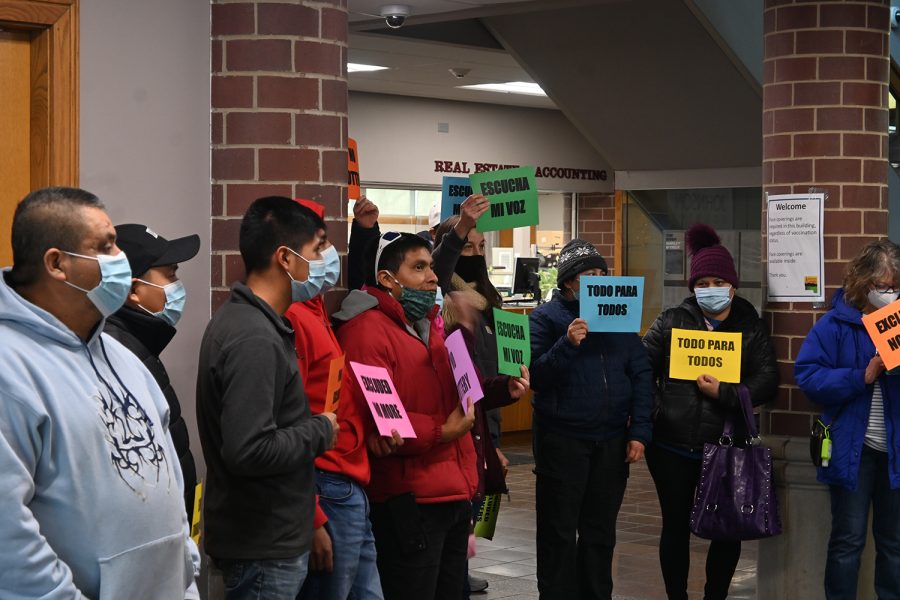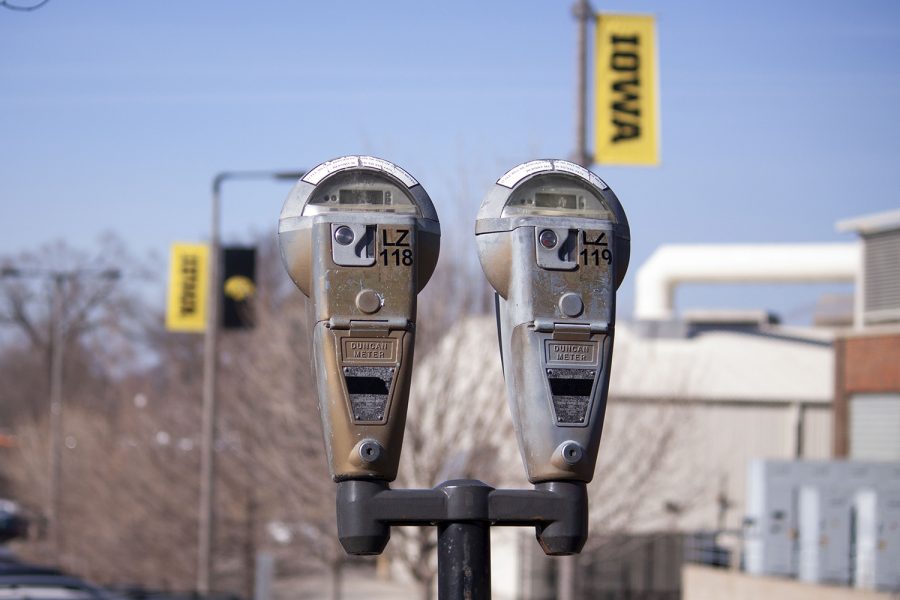When UI dentistry postdoctoral research fellow Donald Chi asked a first-grade class in Honokaa, Hawaii, how many of them had ever experienced a toothache, he was shocked to see all the students raise their hands.
Last week, Chi traveled to Hawaii with three other dentistry residents and faculty adviser Richard Burke as a part of the “Healthy Children — Healthy Smiles” Keiki Dental Project. The team arrived home Sunday after providing free dental care to children aged 1 to 13 who do not have adequate dental insurance.
“We did exams, X-rays, cleaning, and delivered care all in the same appointment,” Chi said. “We did fillings, crowns, and even extractions.”
This year’s trip was the second since the program began in 2007. Elaine Himadi of the UI’s Child Psychology Clinic called attention to the area’s poor dental care when creating the program, said Rebecca Slayton, the head of the UI pediatric-dentistry department.
Himadi lived in Kamuela on the Big Island of Hawaii before coming to Iowa, where she founded the Keiki Dental Project.
In May 2007, Burke brought the first group of residents to Hawaii to provide care for the children with little or no insurance. That year, the trip had to be paid for by the department.
But this year, a grant from the Kaiser Foundation paid for the trip’s expenses in full, Burke said. The funding permitted the group members to have their own, new mobile-dental clinic, which allowed them to see and practice on patients more conveniently. Many of the children were from poor, immigrant families who came to Hawaii from Marshall Islands, Fiji, and Tonga.
“From a public-health aspect, it was a way for the residents to practice outside of their comfort zone, being on the mobile van,” Burke said. “They also became more aware of the cultural differences of the area.”
And the experience was a mutually beneficial one.
The UI team saw more than 100 children for dental work and spoke with more than 400 on dental education, Chi said. The social impact that poor dental health has was also surprising, he added.
“Some kids had to miss school for weeks because of toothaches,” he said. “Others had eating problems.”
Burke said some have asked why the dental department chose to travel so far instead of focusing on the people in need who may be closer to home.
“Basically, the opportunity came about, and after the first time, the group just fell in love with us,” he explained. “We decided that we had to grab the bull by the horns and go with it. It was a completely worthwhile experience.”






